|
This week the Pen Centre USA announced the winners of their literary awards with the award in translation going to Kareem James Abu Zeid for his translation of Lebanese author Rabee Jaber's book 'Confessions' into English.
0 Comments
by Rana Asfour I am always conflicted when a book I particularly enjoyed reading is to be given the Hollywood treatment.
Fiction nominations for 2017 National American Book Award List of non-fiction books nominated for the 2017 American National Award:
by Rana Asfour It's out! The much anticipated shortlist for the 2017 Man Booker Prize that is and I must say that four out of six ain't bad! that is the number of the books on that shortlist that BookFabulous has already read and also loved! so this is going to be one hell of a tight competition and calling it is going to be tough. The Shortlist includes 'Elmet' by Fiona Mozley, 'History of Wolves' by Emily Fridlund, 'Autumn' by Ali Smith, 'Exit West' by Mohsin Hamid, 'Lincoln in the Bardo' by George Saunders, and '4321' by Paul Auster. If you've been following the BookFabulous Instagram feed, you'll know that we've already read all but two of the shortlisted titles which are 'Elmet' and 'History of Wolves' which we will completing this week. The winner will be announced on 17 October. 'Elmet' by Fiona Mozley Daniel is heading north. He is looking for someone. The simplicity of his early life with Daddy and Cathy has turned sour and fearful. They lived apart in the house that Daddy built for them with his bare hands. They foraged and hunted. When they were younger, Daniel and Cathy had gone to school. But they were not like the other children then, and they were even less like them now. Sometimes Daddy disappeared, and would return with a rage in his eyes. But when he was at home he was at peace. He told them that the little copse in Elmet was theirs alone. But that wasn't true. Local men, greedy and watchful, began to circle like vultures. All the while, the terrible violence in Daddy grew. Atmospheric and unsettling, Elmet is a lyrical commentary on contemporary society and one family's precarious place in it, as well as an exploration of how deep the bond between father and child can go. 'History of Wolves' by Emily Fridlund Fourteen-year-old Linda lives with her parents in an ex-commune beside a lake in the beautiful, austere backwoods of northern Minnesota. The other girls at school call Linda 'Freak', or 'Commie'. Her parents mostly leave her to her own devices, whilst the other inhabitants have grown up and moved on. So when the perfect family - mother, father and their little boy, Paul - move into the cabin across the lake, Linda insinuates her way into their orbit. She begins to babysit Paul and feels welcome, that she finally has a place to belong. Yet something isn't right. Drawn into secrets she doesn't understand, Linda must make a choice. But how can a girl with no real knowledge of the world understand what the consequences will be? 'Autumn' by Ali Smith Daniel is a century old. Elisabeth, born in 1984, has her eye on the future. The United Kingdom is in pieces, divided by a historic once-in-a-generation summer. Love is won, love is lost. Hope is hand in hand with hopelessness. The seasons roll round, as ever . . . 'Exit West' by Mohsin Hamid Nadia and Saeed are two ordinary young people, attempting to do an extraordinary thing - to fall in love - in a world turned upside down. Theirs will be a love story but also a story about how we live now and how we might live tomorrow, of a world in crisis and two human beings travelling through it. Civil war has come to the city which Nadia and Saeed call home. Before long they will need to leave their motherland behind - when the streets are no longer useable and the unknown is safer than the known. They will join the great outpouring of people fleeing a collapsing city, hoping against hope, looking for their place in the world . . . 'Lincoln in the Bardo' by George Saunders The extraordinary first novel by the bestselling, Folio Prize-winning, National Book Award-shortlisted George Saunders, about Abraham Lincoln and the death of his eleven year old son, Willie, at the dawn of the Civil War The American Civil War rages while President Lincoln's beloved eleven-year-old son lies gravely ill. In a matter of days, Willie dies and is laid to rest in a Georgetown cemetery. Newspapers report that a grief-stricken Lincoln returns to the crypt several times alone to hold his boy's body. From this seed of historical truth, George Saunders spins an unforgettable story of familial love and loss that breaks free of realism, entering a thrilling, supernatural domain both hilarious and terrifying. Willie Lincoln finds himself trapped in a transitional realm - called, in Tibetan tradition, the bardo - and as ghosts mingle, squabble, gripe and commiserate, and stony tendrils creep towards the boy, a monumental struggle erupts over young Willie's soul. Unfolding over a single night, Lincoln in the Bardo is written with George Saunders' inimitable humour, pathos and grace. Here he invents an exhilarating new form, and is confirmed as one of the most important and influential writers of his generation. Deploying a theatrical, kaleidoscopic panoply of voices - living and dead, historical and fictional - Lincoln in the Bardo poses a timeless question: how do we live and love when we know that everything we hold dear must end? '4321' by Paul Auster
On March 3, 1947, in the maternity ward of Beth Israel Hospital in Newark, New Jersey, Archibald Isaac Ferguson, the one and only child of Rose and Stanley Ferguson, is born. From that single beginning, Ferguson's life will take four simultaneous and independent fictional paths. Four Fergusons made of the same genetic material, four boys who are the same boy, will go on to lead four parallel and entirely different lives. Family fortunes diverge. Loves and friendships and intellectual passions contrast. Chapter by chapter, the rotating narratives evolve into an elaborate dance of inner worlds enfolded within the outer forces of history as, one by one, the intimate plot of each Ferguson's story rushes on across the tumultuous and fractured terrain of mid twentieth-century America. A boy grows up-again and again and again. As inventive and dexterously constructed as anything Paul Auster has ever written 4 3 2 1 is an unforgettable tour de force, the crowning work of this masterful writer's extraordinary career. by Rana Asfour 'Season of Stories' has, today, sent out the first of its three months of hand-picked short stories. The season kicks off with 'Prom' by Hasan Minhaj. Expect future stories from acclaimed authors such as Lee Child, James McBride, Jenny Zhang, Charles Yu, Denis Johnson, and Aimee Bender.
So this is how this works: Each week, you get a new short story delivered to your inbox in four instalments, sent daily from Tuesday until the conclusion on Friday. The bite-sized newsletter will give you just the right amount to read while commuting, waiting in line, or during your lunch break. And it's all free. Check out more HERE and click HERE to see a list of all the books they featured from last season. by Rana Asfour The past three days have seen me struck down with a flu that has completely floored me and is turning my life into a nightmare robbing me of even my few hours of sleep as a long suffering insomniac. It feels like I'm dying. Before you think it, I realise that my self-indulgent drama pales in the wake of current catastrophic world events such as Hurricane Harvey in Houston and now Irma on its destructive path to Miami as I type. However, with a capital H if you please, Bob Marley once said, 'A man is a universe within himself'. Some will of course argue that I've taken this quote out of all context in order to unashamedly use it (or abuse it - your choice) for my own personal exoneration from a crime that can only be described as self-indulgent - and they are most likely right. However, in defence, I ascribe my unhinged and unbalanced reasoning to a blockage in all brain ducts responsible for 'seeing the big picture' brought on by a diminished oxygen supply to the brain as a result of influenza's worst affliction on my being: a blocked nose. I have been reduced to a snotty, snivelling, barely functional human being, highly contagious and wracked with a cough that renders a twenty-a-day smoker to a fumbling amateur. And yet, as I wallow in a sea of pity surrounded by soggy tissues and Strepsils I cast my eye around my bedroom and spot a salvation that had been there, right under my blocked and swollen-red nose all along. A few months ago, at the Emirates Airline Festival of Literature I purchased a book called appropriately 'The Novel Cure' written by Ella Berthoud and Susan Elderkin. Aiming straight for the Index of Ailments at the back of the book I scroll down until I find the word 'flu' and then it's off to page 173 These brilliant women have found a strange coincidence they write - a breakthrough I insist - 'that no medical doctor or scientific researcher has yet noticed, or even studied: the moment a flu patient begins to read an Agatha Christie novel marks the commencement of their recovery'. They recommend 'The Murder of Roger Ackroyd', the novel that confirmed Christie's genius as a writer of detective fiction.
Their reasoning? They maintain that the aches, chills, fever, sore throat, runny nose - 'all these are nothing compared to the determination to work out the guilty party before Poirot'. Deliciously, under 'Common Cold' they list other books that can help a flu sufferer and are perfect when combined with a warm blanket and a hot drink. Some include 'Memoirs of a Geisha' by Arthur Golden, 'The Devil Wears Prada' by Lauren Weisberger, and my personal favourite 'The Secret Life of Bees' by Sue Monk Kidd to name a few. They even have an entry for 'Man Flu' under which they recommend 'Les Misérables' - told you they were geniuses - as if one needed a scientist to prove that one?! And one last word for those of you who are shaking your heads right and left believing that nothing ever really beats a cold, they've got an entry just for you: It's also under C for 'Cynicism' or frankly under K for 'Killjoy'. Oh and I'll have you know I'm feeling much better already :) by Rana Asfour Not only is today 'back to school' for the son who wasn't too happy to be woken up at 5:45 this morning but I've only just found out that American actor Tom Hanks will be reading exclusive excerpts from his debut 'Uncommon Type' at the Southbank Centre's London Literature Festival on 1 November.
The book - which I still cannot believe I have missed all mention of - will be published in October (although you can pre-order on Amazon) is a collection of seventeen short stories that 'dissects, with great affection, humour, and insight, the human condition and all its foibles'. The stories all have one link in common: in each one the typewriter plays either a major or minor role. The London Literature Festival runs from 13 October to 1 November and features live readings, performances, talks, debates, visual displays, workshops and music. Hillary Rodham Clinton will also be speaking at the festival (October 15). Also featuring will be Philip Pullman, Annie Leibovitz and a live reading of Nelson Mandela's memoirs, this year sees a specially expanded edition of the festival, exploring how literature and poetry can remind us of our shared humanity in a world on the brink. Check out more on the festival and how to book HERE. |
Archives
March 2021
|


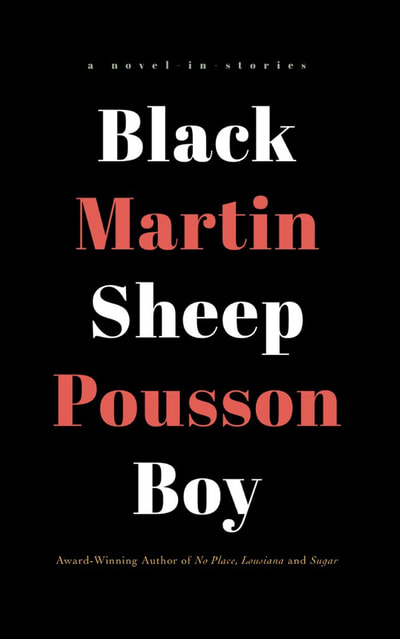
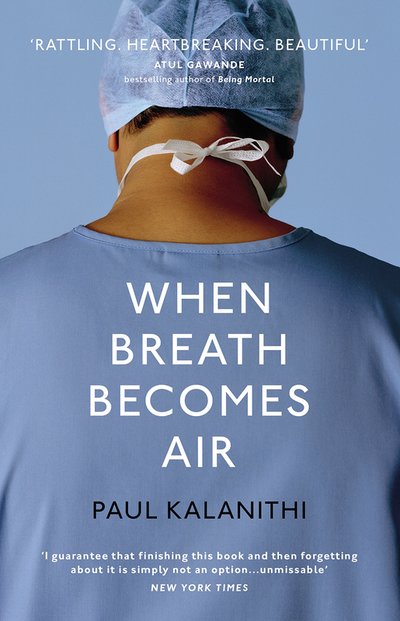
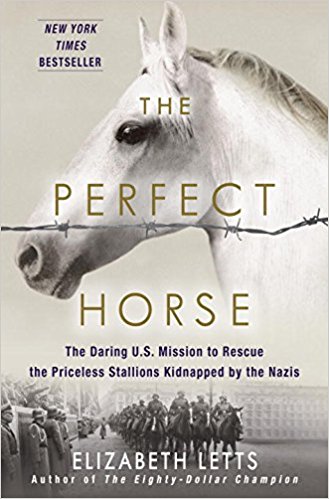
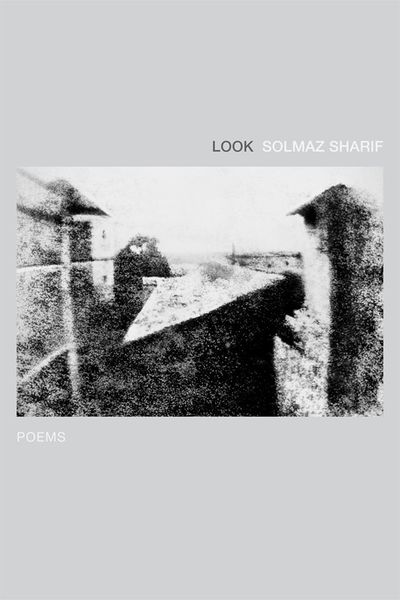
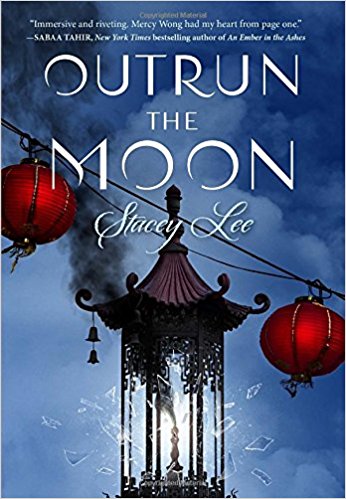
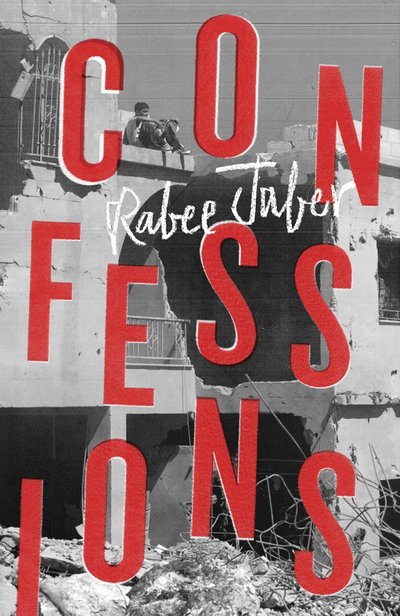
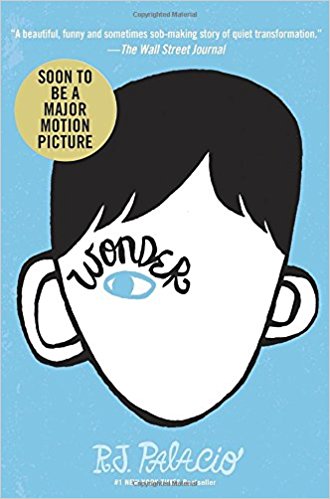
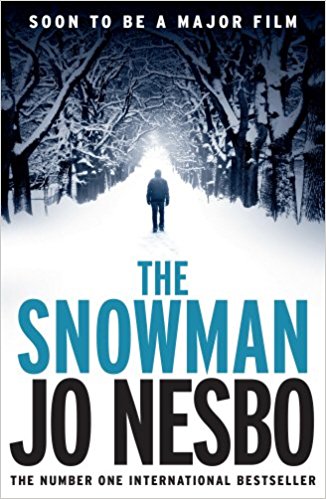
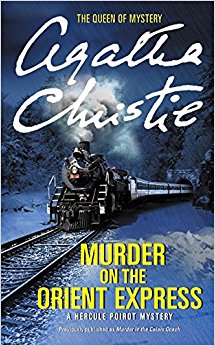
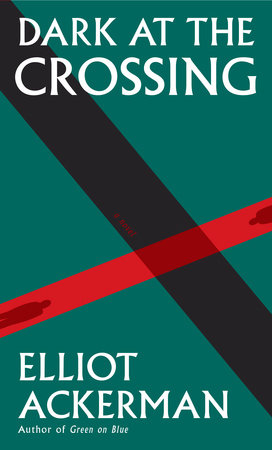
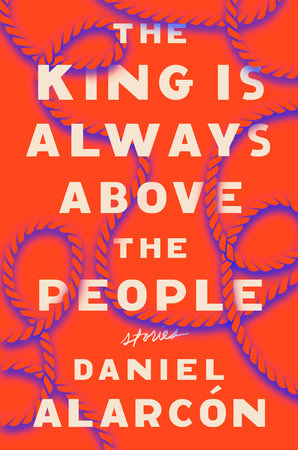
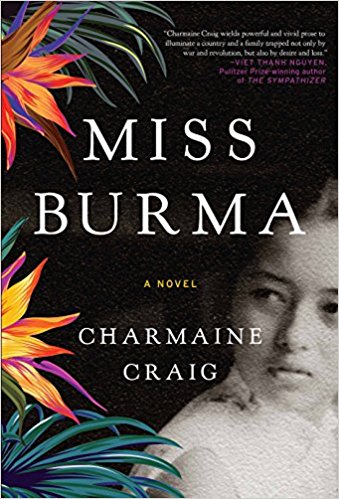
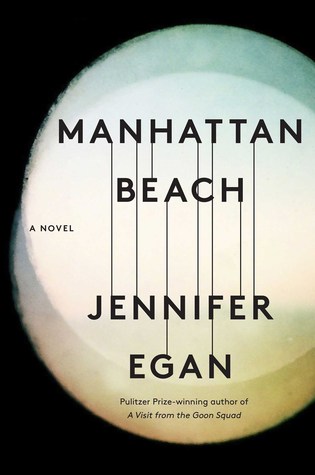
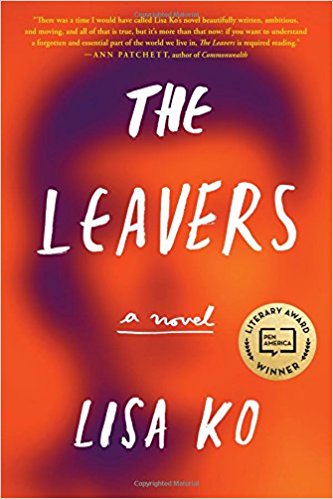
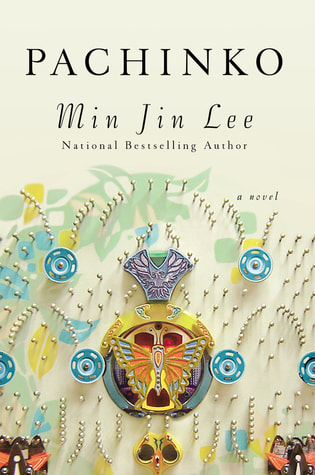
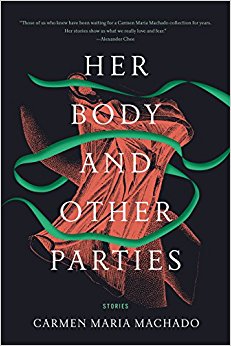
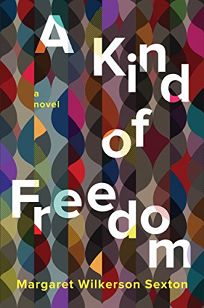
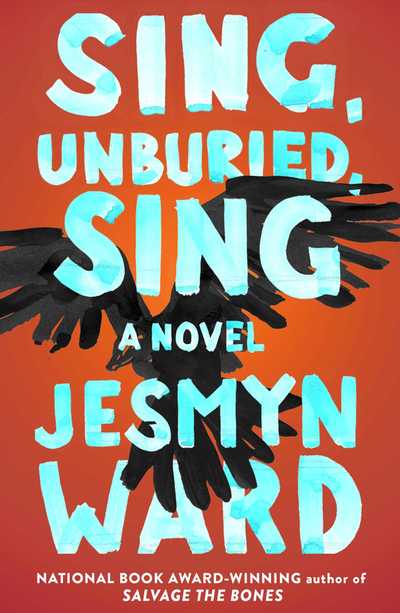
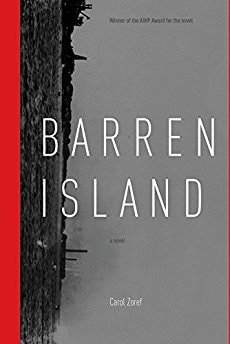
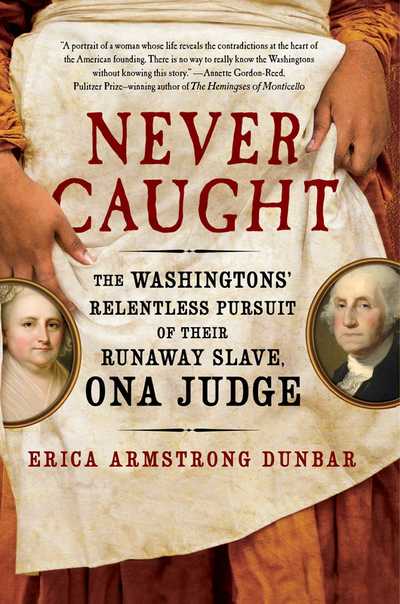
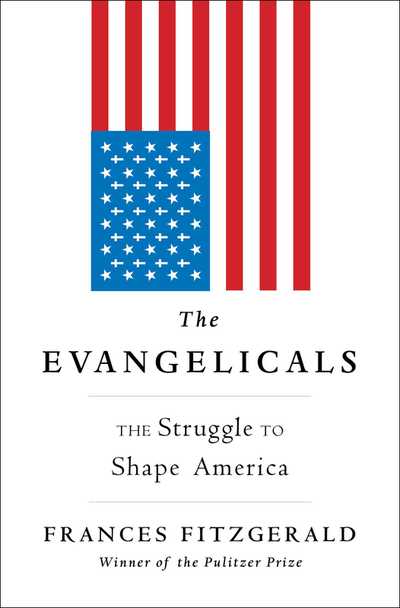
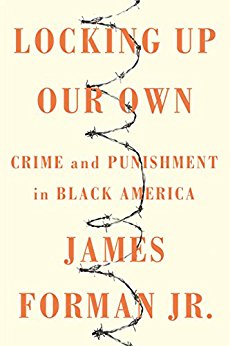
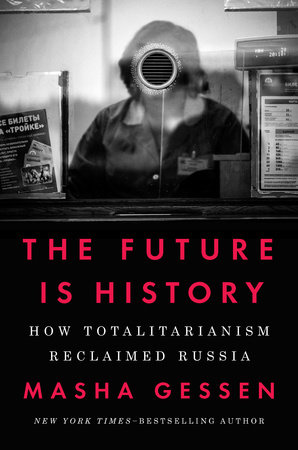
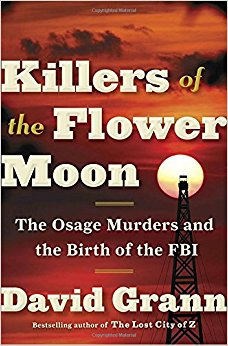

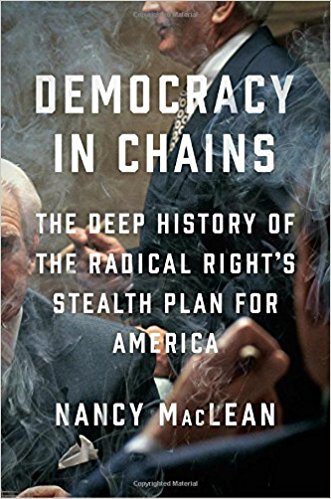
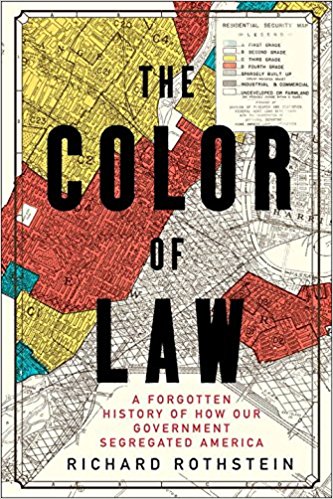
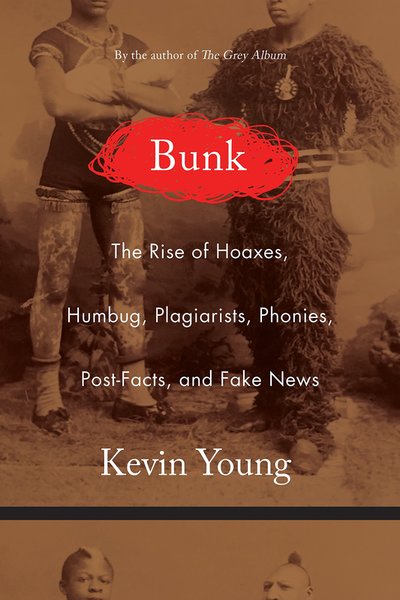
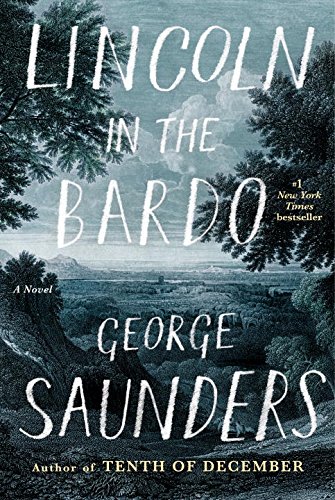
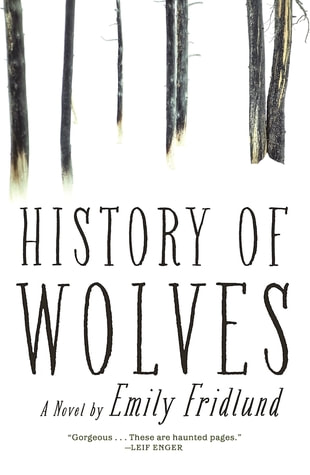
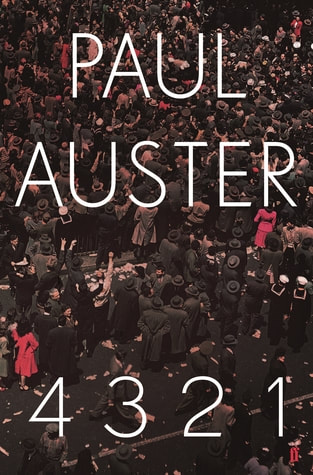
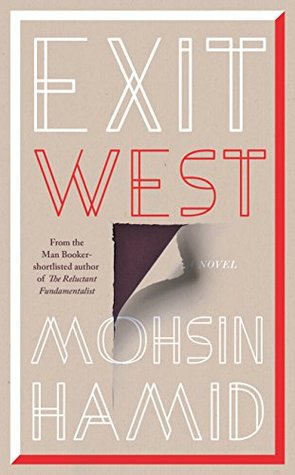
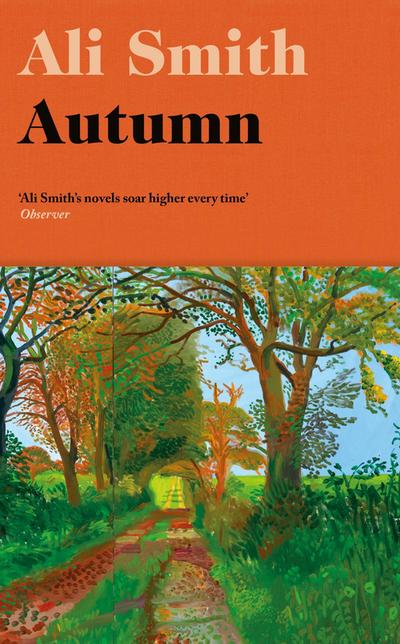
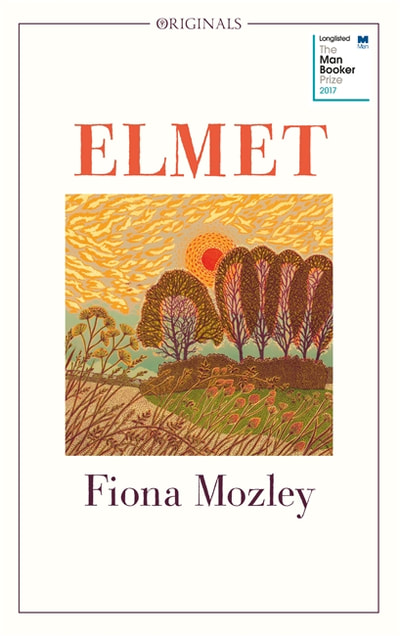
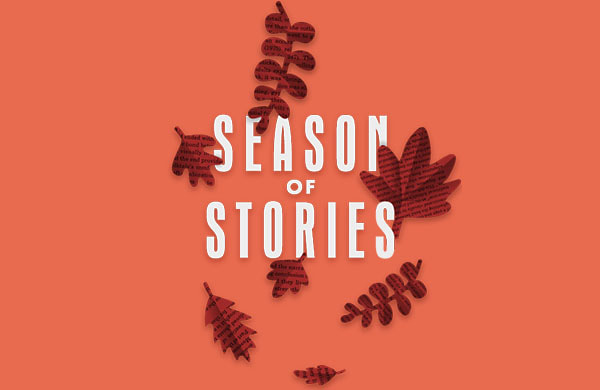

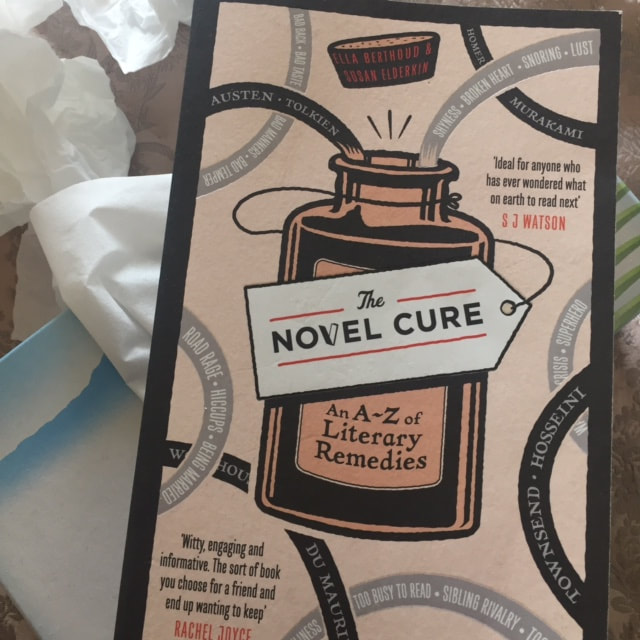
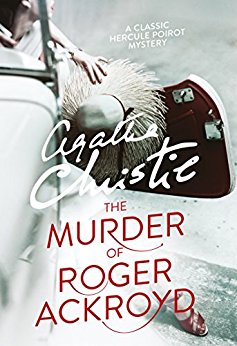
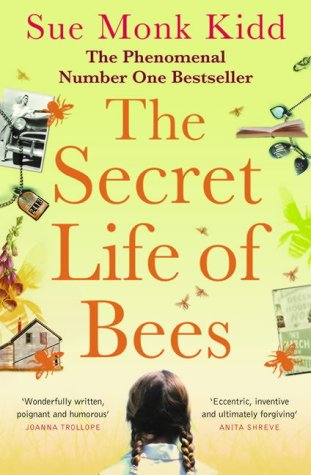
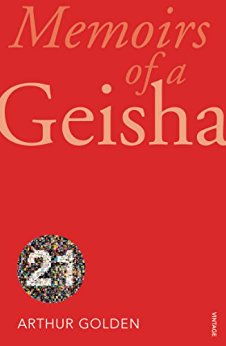
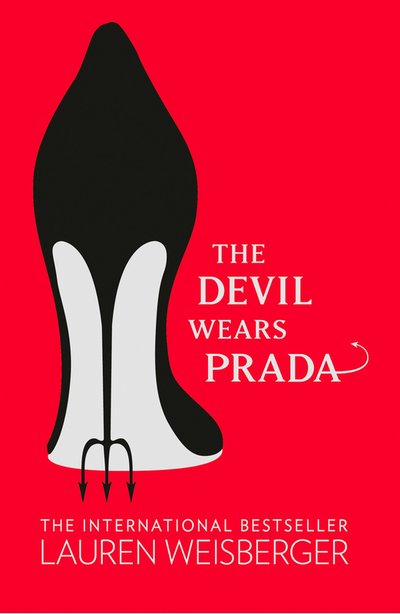
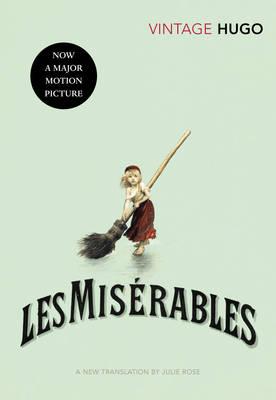
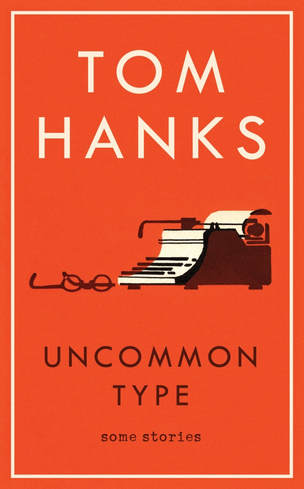


 RSS Feed
RSS Feed
